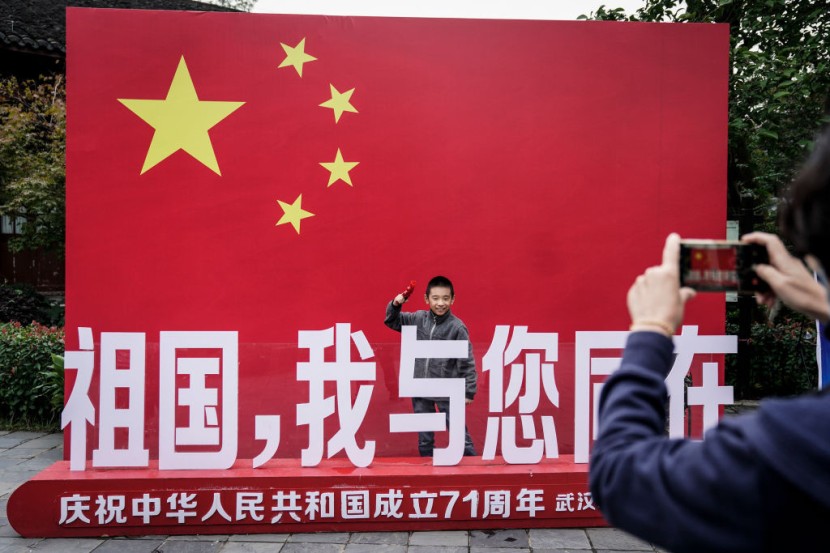In the latest escalation of its continuing crackdown on public discourse that detracted from the party line, China imposed its tightest restrictions to date on the publishing of original online content creators through short video and "self-media" accounts this week.
China imposed stricter rules for independent content creators

The Cyberspace Administration of China (CAC), the country's internet watchdog, has released new regulations requiring bloggers, influencers, and content creators on public social media sites, known as "self-media." The new rules urge independent content creators to have a government-issued certificate to post anything on a host of topics, which came into effect on Monday.
According to Variety, other social media categories will also be affected, such as trending charts, hot search lists, push notifications and short video platforms. However, the CAC did not provide information about what sort of penalty for violators will be doled out.
The latest regulations are the first adjustment since 2017 to the policies of the country on the issue. That year, China technically released legislation requiring official credentials of those writing about political and military matters, but enforcement was sketchy and weak. With this recent revision, that is likely to change; even the definition of what must be accepted has increased.
This latest crackdown seems to have its roots in Chinese officials' concern about the role played by "self-media" accounts and online-only outlets in spreading information about the COVID-19 pandemic. The CAC specifically identified these sources to explain its new measures as having "maliciously created rumors" and "seriously impacted the stability and harmony of society" in the early days of the pandemic.
In December, officials indicted citizen reporter Zhang Zhan, who live-streamed from the Wuhan Pandemic Epicenter in the earliest days of the outbreak, to four years in jail. In late January, these new rules paved away as officials stated the need to "strengthen order in online publishing." CAC should see the regulation of self-media as a "preeminently essential mission" and should give regulators the teeth and violators among memory," CAC head Zhuang Rongwen said.
Read also: YouTube Removes Former President Trump's Interview After Repeating Election Fraud Claims
China orders bloggers to have state-approved credentials
After ordering bloggers and influencers to have a state-approved credential before publishing online content, China has tightened its grip on the country's heavily censored web. Starting next week, Chinese citizens must have their public online accounts verified with personal data, including IDs and phone numbers, a move that further restricts people from posting original content.
The new regulations issued by CAC aimed to prevent users from 'creating online rumors and harming society's stability and harmony, authorities said. A central concept of his rule, under which authorities have set limits and increased control of the digital realm, the Chinese leader has made 'digital sovereignty.'
Ma Xiaolin is a Chinese blogger on one of China's leading microblogging sites, where he has two million followers, frequently publishing about current affairs. The Weibo site recently called and asked him not to publish original content on topics ranging from politics to economic and military issues, he said in a post.
Some fear that permission will only be received by state media and official propaganda accounts, as per Daily Mail. While permits have been needed to write about topics such as political and military affairs since at least 2017, enforcement has not been widespread.
Read also: Facebook Steps Down from Australia News Ban After Law Compromise
China leads the US to dominate the social commerce market
Meanwhile, Social commerce is defined as a subset of e-commerce that includes social media and online media that promote social interaction, with user contributions to help the purchase and sell products and services online. According to research data analyzed and published by Finaria, China's total sales of social trade in 2020 amounted to US$242.41 billion, representing 11.7% of online sales, and will grow to US$363.26 billion in 2021 and account for a 13.1% share of the eCommerce market.
Finaria foresees that in 2021, with $5.506 trillion against China's $5.13 trillion, the US will take the lead in retail sales. But e-commerce sales in China will outperform the US by a $2 trillion margin.
Read also: China Bans BBC for Reporting News That Harms National Interests, but Move Is Seen as Retaliation
© 2026 HNGN, All rights reserved. Do not reproduce without permission.








